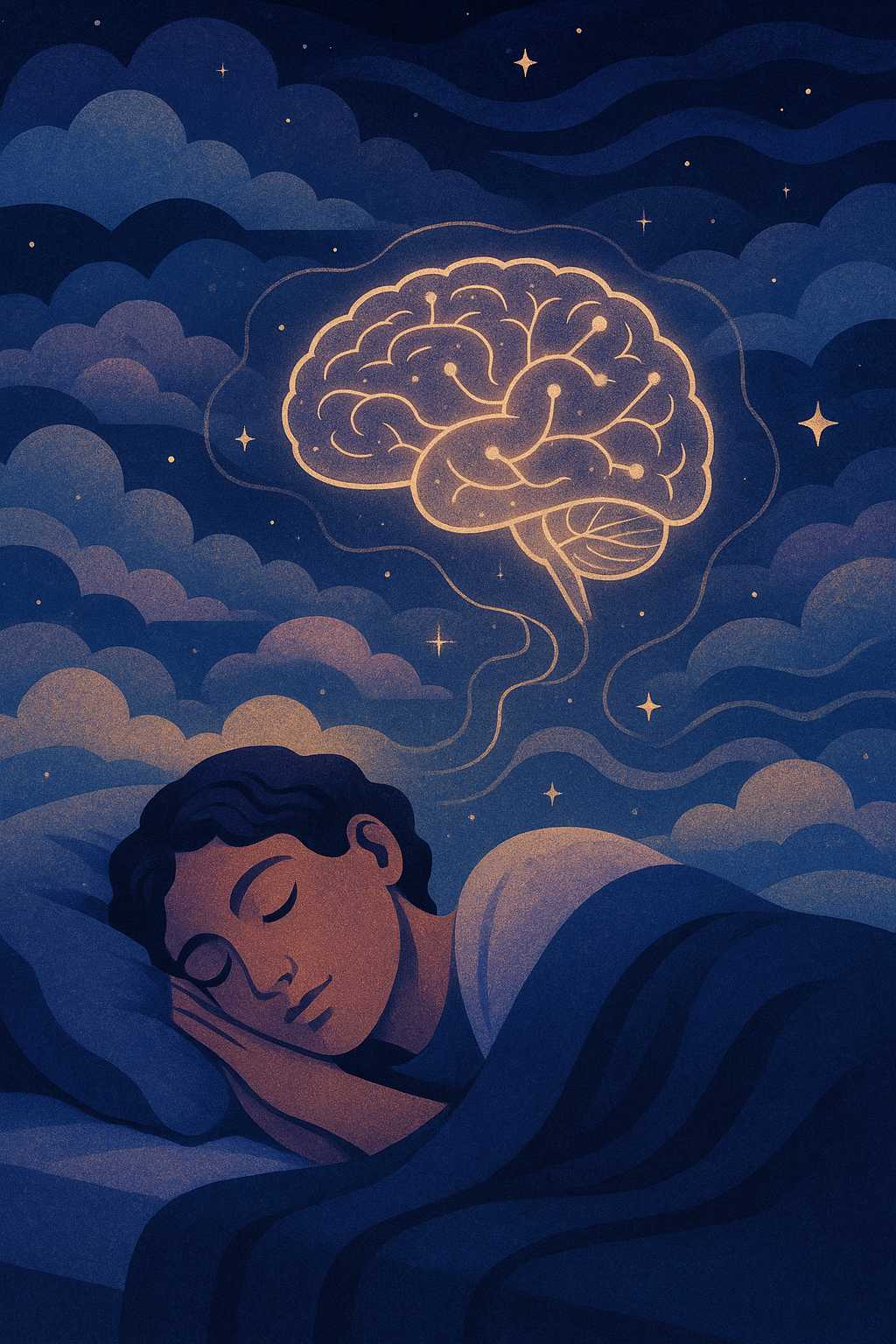Sleep: it’s something we spend roughly a third of our lives doing, yet scientists are only beginning to understand its profound importance. From memory formation to emotional regulation, the study of sleep is revealing just how deeply it impacts our daily lives, and what happens when we don’t get enough.
The Science of Shuteye
Sleep isn’t just downtime for our brains—it’s an intricate, active process. The sleep cycle is divided into several stages: light sleep, deep sleep, and REM (rapid eye movement) sleep. Each stage serves unique functions, such as repairing tissues, consolidating memories, and even “cleaning out” neural waste products that accumulate during waking hours.
Groundbreaking research over the past decade, aided by new brain imaging technologies, has given scientists an unprecedented view of sleep’s hidden workings. We now know that deep sleep strengthens connections between brain cells, helping us learn and retain new skills, while REM sleep is crucial for creativity and emotional health.
Why Sleep Deprivation Matters
Modern life often interrupts our natural sleep patterns—think late-night screen time or the relentless pressures of work and social life. Chronic sleep deprivation, even by just an hour or two a night, can have serious effects: weakened immune function, impaired judgment, heightened stress, and increased risk of chronic illnesses like heart disease and diabetes.
Interestingly, studies have shown that sleep loss affects everyone from pilots and truck drivers to students and doctors. Some experiments even suggest that REM sleep deprivation can lead to increased emotional reactivity and difficulty interpreting social cues, potentially making everyday interactions far more stressful than they need to be.
Solutions and the Road Ahead
How can we harness the findings of sleep science? Simple habits—maintaining regular sleep schedules, creating tech-free zones before bed, and optimizing our environments for rest (think darker rooms, quieter spaces)—can make a remarkable difference.
Looking ahead, scientists are exploring personalized sleep medicine, including wearables that can track brain waves and suggest optimal bedtime routines. As we continue to unravel the mysteries of sleep, one thing is certain: prioritizing good sleep isn’t a luxury, but a necessity for a healthy, productive, and creatively fulfilled life.
So tonight, when you slip under the covers, remember—every moment asleep is an investment in tomorrow’s discoveries.


Leave a Reply